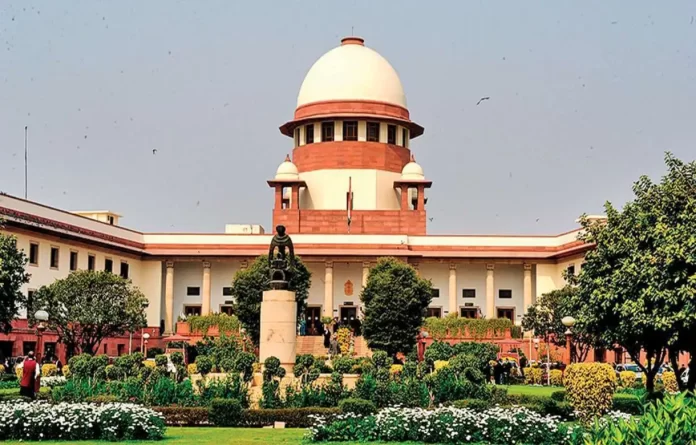The Supreme Court on Thursday came down heavily on the Governor of Tamil Nadu for sitting over 14 bills enacted by the State Legislative Assembly for more than three years, before referring two of them to the President.
The Bench of Justice JB Pardiwala and Justice R Mahadevan asked Attorney General R Venkataramani, appearing for the State, as to what exactly was so gross in the Bills that it took the Governor three years to find?
Noting that TN Governor RN Ravi referred two bills to the President after the Assembly re-enacted them, the Bench further pulled up the Governor for taking so long to send the bills to the President in the name of repugnancy.
AG Venkataramani submitted that the Governor did not send the bills to the Assembly for reconsideration, but only declared that he was withholding his assent.
The Bench then remarked that it did not make sense to withhold assent on the Bills and not send them to the legislature, thereby frustrating the last proviso. He seems to have adopted his own procedure, remarked the Court.
Noting that the Governor could not simply withhold assent in the name of repugnancy, the Apex Court directed the AG to show the Court factually why the Governor withheld assent.
Either it should be shown through some original files or some other documents, such as some contemporaneous record available with the office of the Governor as to what was looked into, what was discussed, what were the lacunae, etc, noted the Bench.
The top court of the country pointed out that the Governor’s declaration that he was withholding assent for the bills came soon after the Supreme Court ruled in the Punjab Governor’s case that Governors could not veto the Assembly by sitting over bills.
The Bench told the Attorney General that the State not only alleged malice-in-law, but also malice-in-fact on the part of the Governor.
When the AG submitted that the Bills were removing the Governor as the Chancellor of the State Universities, which was a matter of national importance, the Apex Court observed that it was not going to examine the history and was only examining the power of the Governor to withhold the 12 Bills duly passed by the state legislature and send two bills to the President directly and then say he has withheld assent.
The AG responded by saying that only a mere statement of repugnance was enough and that the Governor could not be expected to write an essay.
The Bench then pointed out that the Governor had an option to refer all Bills to the President but he sent only two.
The arguments will continue tomorrow.
Earlier in the day, the Court heard arguments made by Senior Advocates Rakesh Dwivedi, Abhishek Manu Singhvi and Mukul Rohatgi, representing the State.
The Apex Court framed a few questions on the matter.
It said a state passed a Bill and sent it to the Governor, which withheld it. If the Bill was passed again and presented to the Governor, will it be open for the Governor to now present it to the President?
It further asked whether the discretion of the Governor to present the Bill to the President was reserved to certain matters
The Bench sought to know from the petitioner, the consideration weighed by the Governor by which the Bill was presented to the President.
It further asked whether the concept of pocket-veto was envisaged in the constitutional scheme?
Mentioning Article 200, the top court of the country said a bill was presented to the Governor, which returned for reconsideration in terms of the first proviso. Second, Bill was presented to the Governor but Governor withhelds assent. If the legislature again passed the bill, was Governor bound to assent in both cases?


